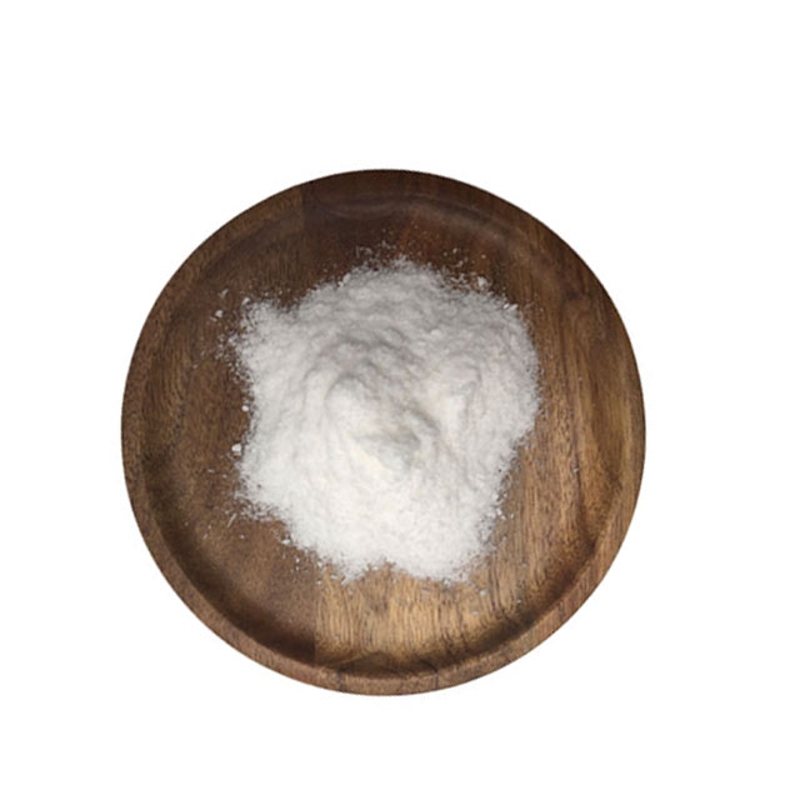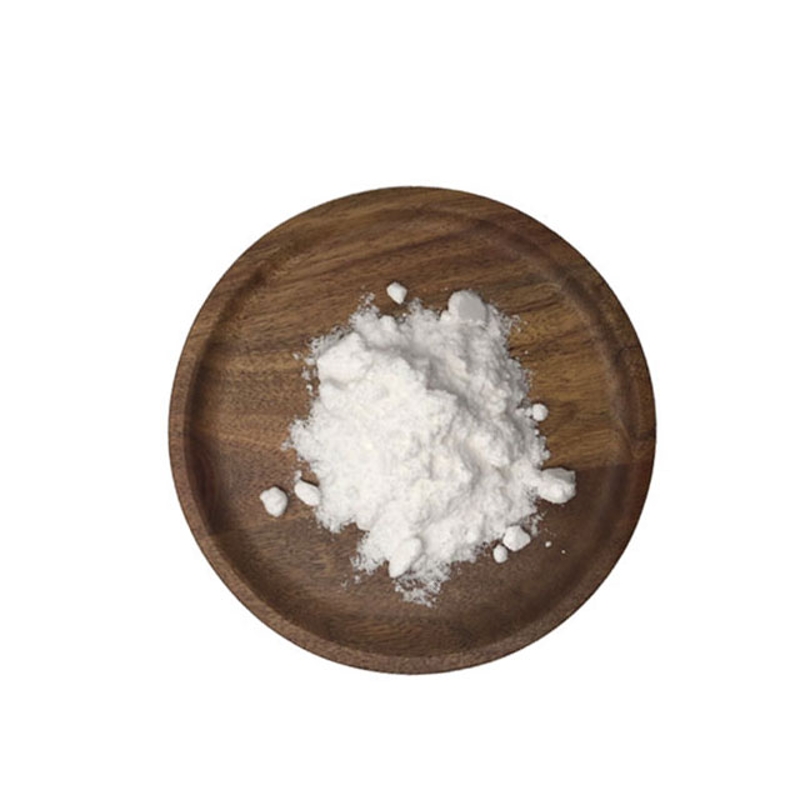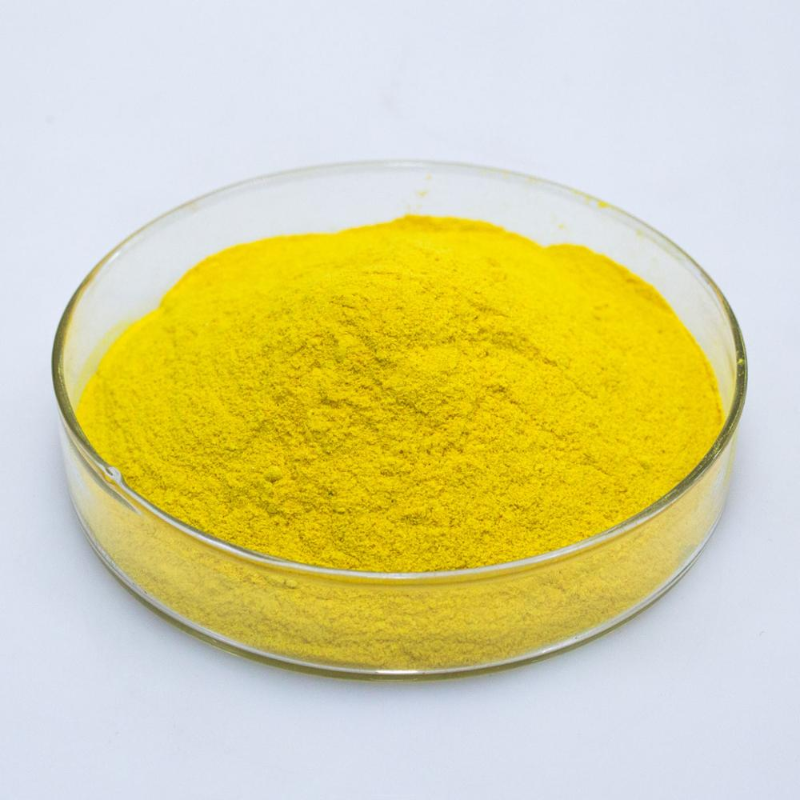How old is Bulgaria in the yogurt world?
-
Last Update: 2021-02-06
-
Source: Internet
-
Author: User
Search more information of high quality chemicals, good prices and reliable suppliers, visit
www.echemi.com
recently discovered that some yogurts on the market like to be called "Bulgarian yogurt".Bulgaria, a word that sounds old, imported and expensive. But is it really much more advanced to add Bulgarian yogurt to the name?you can drink yogurt, you have to thankBulgaria has three treasures: roses, wine and yogurt.the hometown of yogurt, Bulgaria says the second estimate no one dares to call first. According to a local survey, the average monthly consumption of yogurt here is
28
kg.
is
concept of 28 kg? This means that Bulgarians can drink three or four cans
400g
a day.Bulgarian yogurt bucketsbut most of the time it says "Bulgarian yogurt" does not refer to yogurt imported from Bulgaria, but to yogurt containing a lactic acid bacteria called "Bulgarian Lactobacillus".bulgarian Lactobacillus is a particularly beneficial bacteria that, while acidifying milk and goat's milk, thickens dairy products and remains the same. It was originally identified by Bulgarian microbiologist Sedmon Grigorov in
1905
and named "Bulgarian Lactobacillus" in memory of Grigorov's homeland.
in 1984
Weiss et al. identified it as a subseed of German Lactobacillus.different lactic acid bacteria affect the taste of yogurt?yogurt is a drink made from milk as the main raw material and fermented by lactic acid bacteria.Lactobacillus is the general name of a group of bacteria, including Lactobacillus, Syba, Mesobacteria, Lactobacillus (which is represented by Lactobacillus Bulgaria) and Bifidobacteria. These unknown species have a common property, which is to ferment sugar to obtain energy and produce large amounts of lactic acid. Different bacteria and coli, each master different fermentation methods, each has its own home-watching skills. Today, the most commonly used lactobacillus lactobacillus in industrial production is Lactobacillus Bulgaria, Streptococcus, Bifidobacteria, etc. Friends who believe in yogurt should be no strangers to them.the traditional yogurt fermentation agent is mainly a mixture of Bulgarian Lactobacillus and hot streptococcus strains. In other words, almost all yogurts have Bulgarian Lactobacillus, which is the principle of yogurt fermentation, not something special. In addition to this traditional fermentation agent, more and more experiments have revealed the beneficial effects of probiotics on health, because yogurt is a good carrier of probiotic intake, so in the yogurt fermentation process will also be added a variety of probiotics, such as Bifidobacteria.different strains of yogurt, it can also have an effect on the taste of yogurt. In yogurt fermentation, Bulgarian Lactobacillus coagulation was the fastest, followed by hot streptococcus and Bifidobacteria was the slowest. The yogurt fermented by the formula with more heat-addicted streptococcus tastes better. Since Lactobacillus Bulgaria is the most acid-producing strain of Lactobacillus, if Lactobacillus Bulgaria is dominant, the acidity of the yogurt produced is too high. In addition, yogurt with Bifidobacteria is slightly better taste and nutrition than yogurt fermented with traditional lactic acid fermentation agent.in general, yogurt is good yogurt, Bulgarian Lactobacillus is good bacteria, but what the supreme enjoyment of high-end quality is a big gimmick.
This article is an English version of an article which is originally in the Chinese language on echemi.com and is provided for information purposes only.
This website makes no representation or warranty of any kind, either expressed or implied, as to the accuracy, completeness ownership or reliability of
the article or any translations thereof. If you have any concerns or complaints relating to the article, please send an email, providing a detailed
description of the concern or complaint, to
service@echemi.com. A staff member will contact you within 5 working days. Once verified, infringing content
will be removed immediately.







